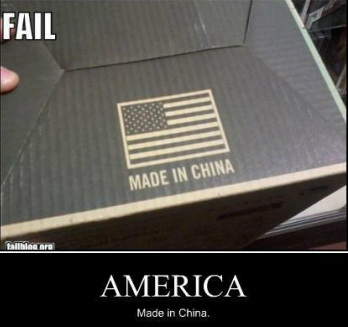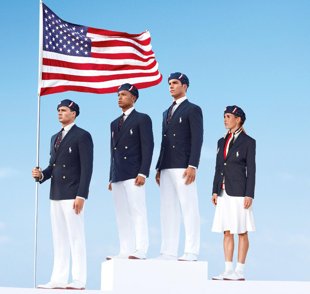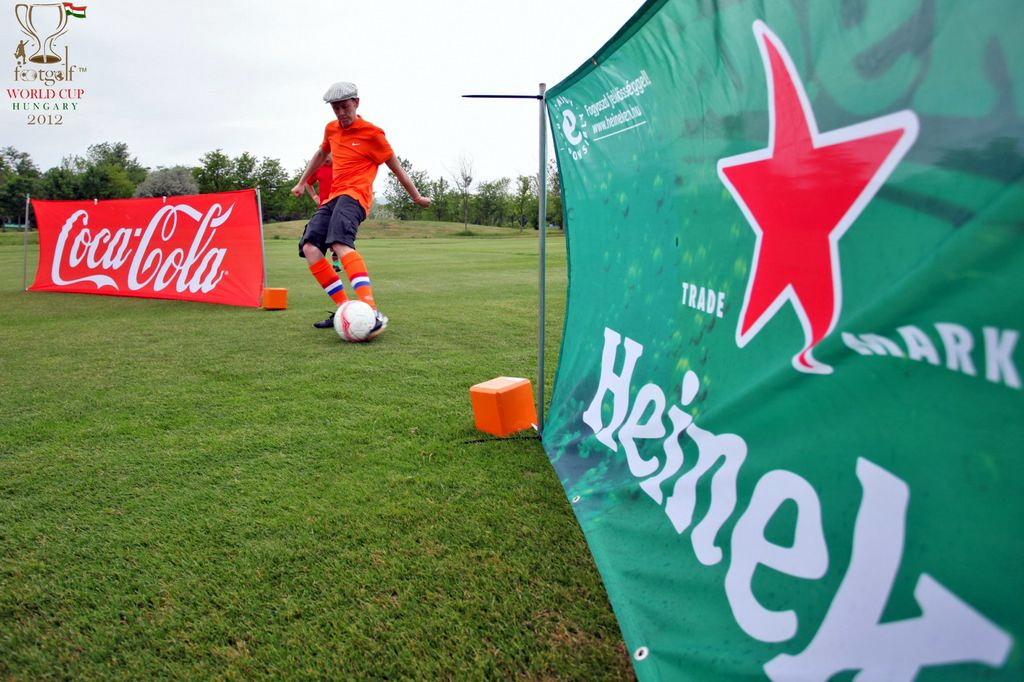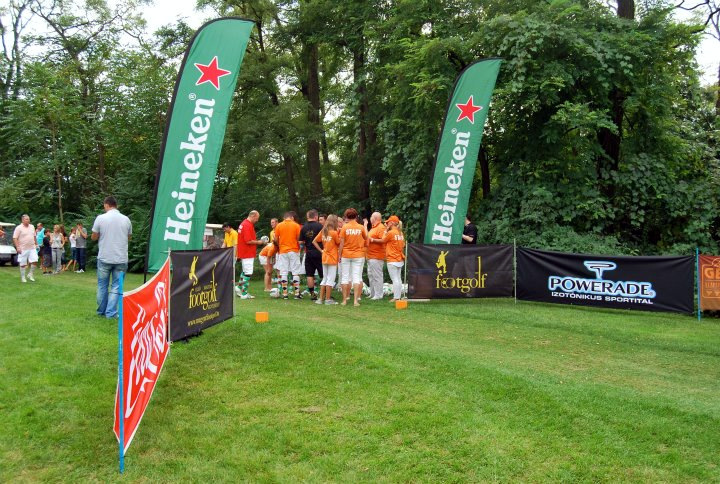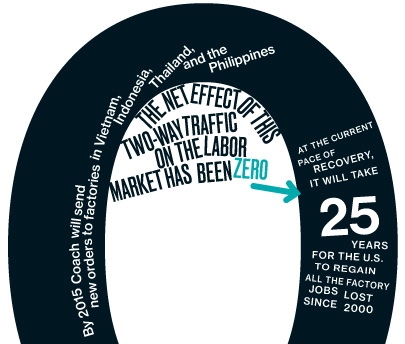The controversy erupted this week after reports emerged that the clothing unveiled by the American design company sport “Made in China” labels, generating heated criticism from lawmakers and human rights activists.
“Unlike most Olympic teams around the world, the U.S. Olympic Team is privately funded and we’re grateful for the support of our sponsors,” USOC spokesman Patrick Sandusky said in a statement released Thursday.
“We’re proud of our partnership with Ralph Lauren, an iconic American company, and excited to watch America’s finest athletes compete at the upcoming Games in London.”
Rep. Steve Israel, D-New York, said there was still enough time for the uniforms to be made in the United States.
“There are companies and people waiting to make those uniforms, and we can have the job done and the uniforms shipped in time for the Olympics,” he told CNN.
A majority of clothing is produced overseas, but it is a myth that American manufacturers can’t do the job locally, he said.
“We’re not asking (Ralph Lauren) to do this simply out of American patriotism, although this is a matter of pride. We’re asking them to do it as a matter of economic strategy,” Israel said.
Dara Torres, a former American Olympic swimmer who won 12 medals in a span of 20 years, said the uniforms looked great but would be even better if they were produced domestically.
“Wearing the U.S. uniform, going out there to represent the United States, it would be nice if it was actually made in the United States,” she said.
Senate Majority Leader Harry Reid, D-Nevada, told reporters Thursday that “the Olympic committee should be ashamed of themselves.”
“I think they should be embarrassed. I think they should take all the uniforms, put them in a big pile and burn them and start all over again,” he said.
“If they have to wear nothing but a singlet that says USA on it, painted by hand, then that’s what they should wear.”
Ralph Lauren and the USOC were bombarded on Facebook and Twitter by hundreds who demanded the fashion design company manufacture new uniforms in the United States.
Actress and human rights advocate Mia Farrow took to
Twitter to call on the designer to explain its actions: “please will you tell us why the US Olympic uniforms are made in China? Why not made in the USA?”
Farrow, known for her advocacy on behalf on children, also called on the designer to heed Reid’s call. “Burn them & start all over. How bout it?” she
tweeted.
At least one current Olympic athlete also raised questions about the uniforms.
“Our Ralph Lauren outfits for the Olympic opening ceremonies were made in China. So, um, thanks China,”
tweeted distance runner Nick Symmonds, who represents the best hope for the United States to medal in the men’s 800-meters since the 1992 Games in Barcelona.
Sandusky, the USOC spokesman, also took to Twitter later in the day to defend the uniforms, describing the criticism as nonsense.
“All this talk about Olympic uniforms made in China is non sense. Polo RL is an American company that supports American athletes,” he
tweeted.
Ralph Lauren did not respond to a CNN request for comment, though the designer — in a
statement posted online — called it a “privilege to be the outfitter of Team USA for the 2012 Olympic Games.”
“The Olympic Games are the ultimate tradition of international competition, sportsmanship, and personal excellence,” the designer said on the company’s corporate website.
The USOC is no stranger to controversy over its sponsorships, with questions being raised over why it opted last year to extend BP’s sponsorship through the 2016 Rio de Janeiro Games, following the Gulf of Mexico oil spill in 2010.
It was also questioned as early as the 2002 during the Winter Games in Salt Lake City about why American athletes donned berets made by Roots, a Canadian company.
Ralph Lauren has designed uniforms for the 2010 Winter Games in Vancouver and the 2008 Summer Games in Beijing, and both times portions of the clothing were manufactured in China, according to previous CNN reports.
The revelations about the 2012 uniforms, first reported Wednesday night by
ABC News, come at a critical time as the United States grapples with a struggling economy that has hit the American textile industry hard.
It also comes as House Democrats introduced a “Make It In America” jobs bill, which was first put forward in 2010 as a manufacturing jobs initiative.
New York-based fashion designer
Nanette Lepore, who boasts a “Made In America” collection, said she was disturbed by the news that the uniforms were made in China.
It’s very disturbing because it completely could have been manufactured here in the United States in New York City or in any other city where there’s factories that still exist,” she told CNN.
“And it’s frustrating for us because it’s a cause we’ve been fighting for, and we’ve been trying to raise awareness and trying to convince designers to move work back to our shores and stop off-shoring and start on-shoring. This would have been the perfect opportunity.”
But free market advocates, such as the Cato Institute, say none of this is surprising.
Globalization means manufacturing companies will be drawn to countries where the costs are lowest, according to Daniel J. Ikenson of the Cato Institute.
“When compa
nies a
re able to outsource, they are able to produce most competitively. They’re able to attend to their costs. And if they can do that, then they can deliver better quality, greater variety at lower prices for U.S. consumers,” Ikenson






